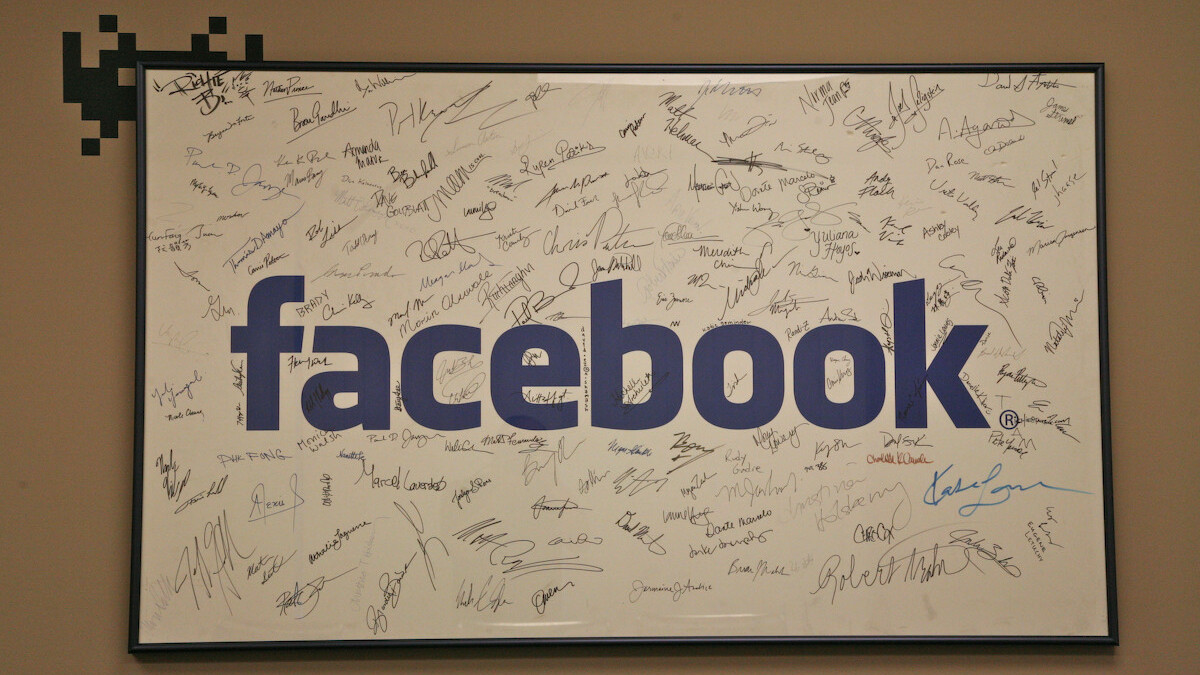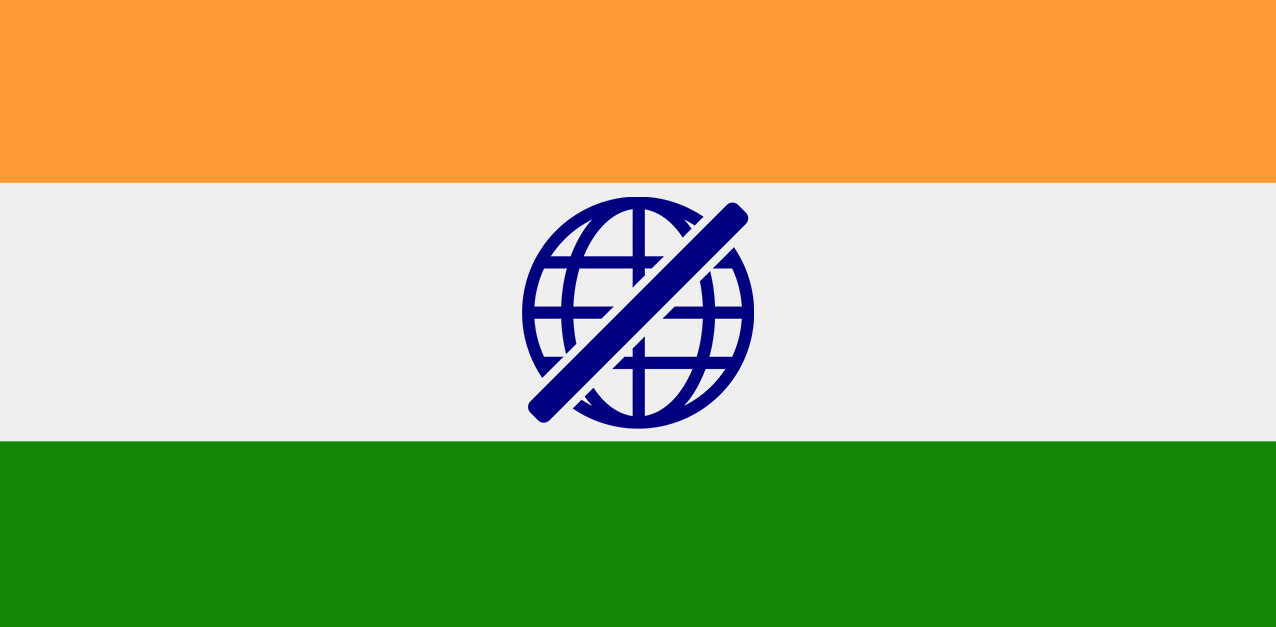
Facebook could be one of a number of Web firms that will soon be told to introduce local servers in India, as the country’s government seeks to better regulate ‘objectionable content’ on the Internet.
According to a report from Hindustan Times, “the option is already in process” with India’s union law ministry, which is looking into a solution that would see the likes of Facebook, Twitter, Google and its video service YouTube asked to set up servers to handle content from the country’s Web space.
A similar move saw BlackBerry maker RIM set up a dedicated India server earlier this year, after more than a year of discussion and pressure.
RIM’s India server allows the government to scan content from its network — but not enterprise services — for security threats, but the a request for Web firms would likely form part of a wider plan to manage unsuitable online content in real-time, a proposal raised last year.
The speculation comes days after comments from a high profile politician suggested that the Indian government is considering a request to make overseas-headquartered firms introduce servers. Now the topic that has been discussed with representatives of the US government, as India looks to escalate its demands.
Home secretary RK Singh raised the issue of removing unsuitable content from Facebook and YouTube with US deputy secretary for homeland security Jane Holl Lute, who visited India as part of ongoing dialogue between the two countries.
The Indian minister is said to have suggested that the US develop a system to catch unsuitable Web content instantly, or within a specific period of time, to help cut down on “mala fide” postings.
While such a request seems optimistic, Singh told Lute that, if the US is unable to address the issue of managing content itself, India could require the Web firms to comply with the server request. However, the US politician’s responses are not known, at this stage.
India’s IT minister Kapil Sibal has previously lamented the inability of India’s legal system to extract information from online firms, and Sibal claimed that a new system would be required to tackle offending content.
Facebook, Google and other Web firms remain subject to a legal case in response to their slow response to removing sensitive content from India’s Web space, and a move to demand the installation of a local server would follow.
Those cases have seen India courts have previously threatened to block Facebook over issues with content in the country, which has since become the world’s second biggest market for Facebook, where it claims to have 50 million users. The company is continuing to push its service there, and it recently added local language support to its feature phone app.
However it remains to be seen how Facebook, Google, Twitter and other companies would respond to the request for a server. The firms have been reluctant to comply with requests to delete content in India. Servers and data security are important issues, and a dangerous precedent of following government requests could be set.
We’ve reached out to representatives of all three companies, and will update this article with any responses that we are given.
Get the TNW newsletter
Get the most important tech news in your inbox each week.




